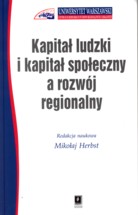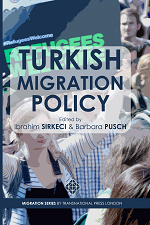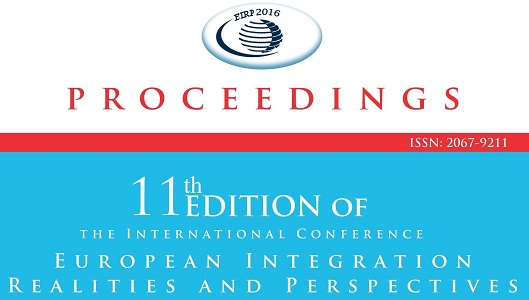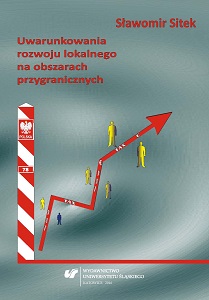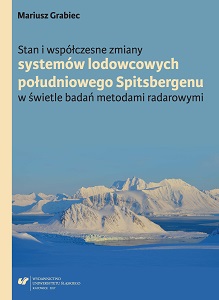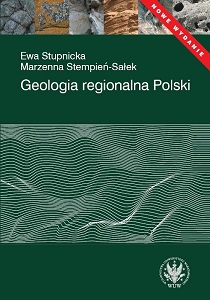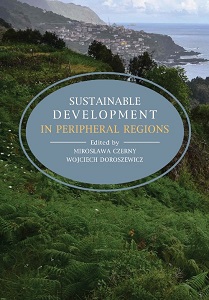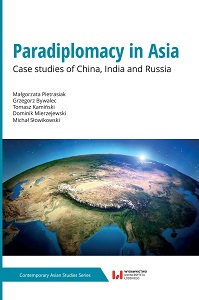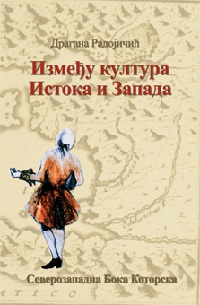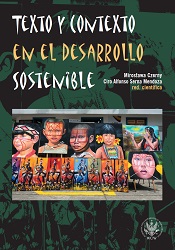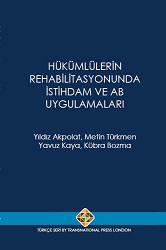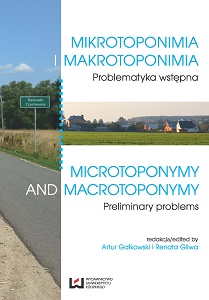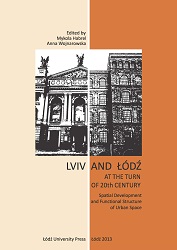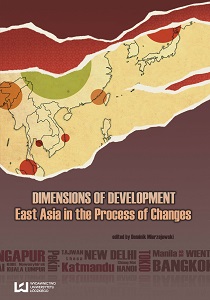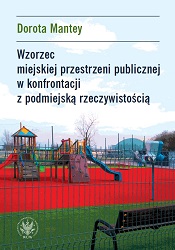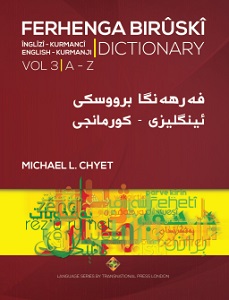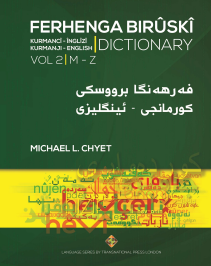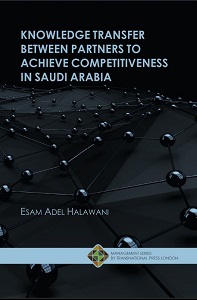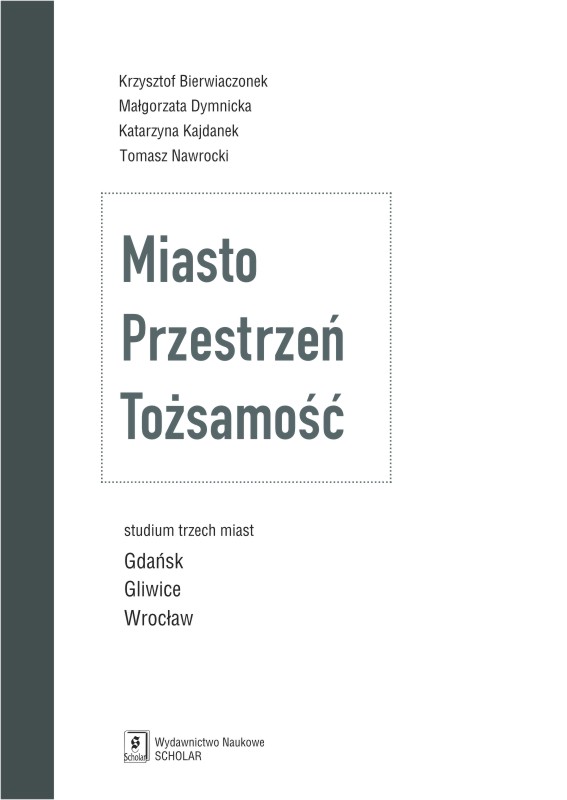Author(s): Sławomir Sitek / Language(s): Polish
The paper looks at the course of the process of local development in changing systemic and economic conditions in specific zones, namely border regions. Local development is one of the aspects of territorial development that is implemented at the municipal and administrative district level. It is expressed through favourable changes, the source of which are, in particular, local natural and material resources and the characteristics of the local community that are conducive to the development. In the result of these changes the needs of the residents are more fully addressed, and their welfare improved. It includesa number of factors relating to the social, economic and spatial sphere. What is a new determinant of the local development in border regions is the integration process causing the „erosion“ of the borders. This applies to intra-EU borders, because of the fact that at the same time on the external border a noticeable sealing process takes place, and this necessitates verification of theoretical concepts explaining the mechanisms of the development in these areas. The paper is aimed at the identification of the determinants of the local development of Polish border regions, with a particular focus on the role and function of the border as a factor modelling this process. The research problem consists in the identification of factors and barriers to the local development in the border regions, with the emphasis on the elementspointing to the specificity resulting from the neighbourhood of the border. The methodology of the paper is based on a compilation of quantitative methods, which have been supplemented with a range of qualitative information. The specificity of the conditions of the local development in the border regions has been tested in the three types of neighbourhood:• the border region of A type – between the countries of the so-called ‘the old’ EU and Poland, in this case represented by the Germany-Poland border (PL-DE)• the border region of B type – between the countries of the so-called ‘the new’ EU, represented by the border regions of Poland-the Czech Republic (PL-CZ), Poland-Slovakia (PL-SK) and Poland-Lithuania (LT-PL)• the border region of C type – that constitutes an external border of the EU, represented by the border regions of Poland-Belarus (PL-BY), Poland-Ukraine (PL-UA) and Poland-Russia (PL-RU).Accordingly, the area of the research comprised the municipalities and administrative districts immediately adjacent to the state border. The total number of the territorial units included in the study is 164 municipalities and 56 districts.In accordance with the aspects of local development, a comprehensive inspection of the theories of social, economic and spatial development was carried out, and subsequently the concepts whose assumptions would be adequate to the conditions observed in the border regions were sought amongst them. The assessment of the determinants in the individual border regions allowed establishing where the conditions are the most favourable for the development. Moreover, it had been assumed that together with an increasing distancefrom the border its influence decreases, and also that a greater number of border crossings positively stimulates the process of local development. In addition, the influence of the local government, Euro-regions and the EU programmes on the condition in the border regions was verified.The paper presents the change in the character of the border and the circumstances surrounding its formation, with particular emphasis on the period after 1989. It also comprises a parametric evaluation of the stage of the development of the border regions in the system of the municipalities and administrative districts, and the correlation between its condition and the existence of the border crossing and the type of border region.The participation of the border regions in the demographic, financial and economic potential of the country was diagnosed, along with the dynamics of the changes in this field in the years 1995–2015. In addition, the issue of macro-economic differences between the countries was discussed. The impact on the local development was also investigated on the basis of the level of trade and exchange, differences in prices, differences in the condition of labour and real estate markets. In the social sphere, the attention was paid to the multiculturalism of the border regions and the issues of social activity. What was emphasised was the importance of tourism and the role of EU programmes designed for the border regions.It was found out that the conditions for the development of the local Polish border regions are diverse, which results from the very character of the border. The overall assessment of the determinants of the development is positive. The actions of the state and the EU aimed at integration are supported with numerous measures focused on the cross-border cooperation. In the border regions, there are still favourable economic differences that allow obtainingbenefits of the exchange. It has been confirmed by a growing level of expenditure in the border regions and a greater number of travellers. Further development requires developing a common identity of the border regions originating from the common ground of the cultures and nations. The community of goals and further understanding is the basis of trust, which constitutes the foundation of social capital. More and more plentiful is the evidence that the inhabitants of these regions are beginning to see the border as an opportunity for development, not as a barrier to it. The contact between the sides of the border is also easier, which is the result of the reduction in its formal rigor and the development of technical infrastructure. The border region of A type is the best developed, whereas the rate of changes indicates that its advantages over the other border regions are decreasing. The most favourable conditions for local development in terms of economy prevail in the regions adjacent to the borders with Germany and Ukraine, while as for the social sphere – in the regions bordering with Slovakia and the Czech Republic, and slightly less favourable at the border with Lithuania. The worst situation (in terms of both of the aforementioned fields) was observed at the border with Russia and Belarus.
More...
